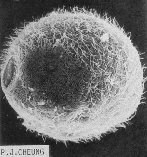
picture (WhspotD0.gif) by Cheung, P.J. |
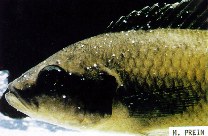
picture (WhspotD0.jpg) by Prein, M. |
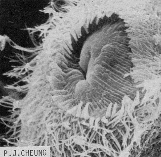
picture (WhspotD1.gif) by Cheung, P.J. |
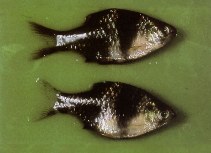
picture (WhspotD1.jpg) by Bassleer, G. |
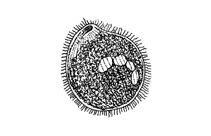
picture (WhspotD2.gif) by Bassleer, G. |
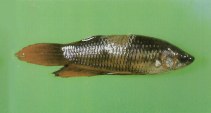
picture (WhspotD2.jpg) by Bassleer, G. |
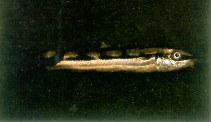
picture (WhspotD3.jpg) by Bassleer, G. |
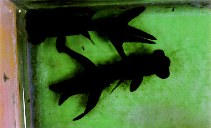
picture (WhspotD4.jpg) by Bassleer, G. |
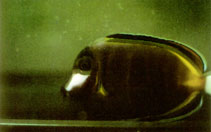
picture (WhspotD5.jpg) by Bassleer, G. |
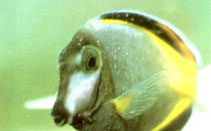
picture (WhspotD6.jpg) by Bassleer, G. |
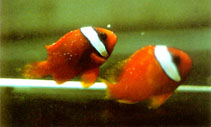
picture (WhspotD7.jpg) by Bassleer, G. |
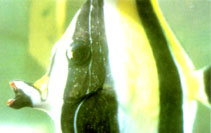
picture (WhspotD8.jpg) by Bassleer, G. |
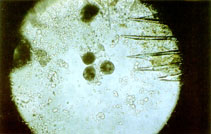
picture (WhspotD9.jpg) by Bassleer, G. |
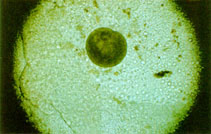
picture (WhspotDa.jpg) by Bassleer, G. |
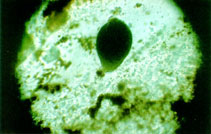
picture (WhspotDb.jpg) by Bassleer, G. |
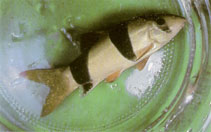
picture (WhspotDc.jpg) by Bassleer, G. |
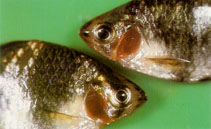
picture (WhspotDd.jpg) by Bassleer, G. |
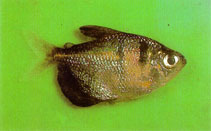
picture (WhspotDe.jpg) by Bassleer, G. |
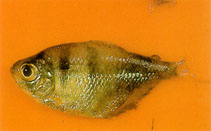
picture (WhspotDf.jpg) by Bassleer, G. |
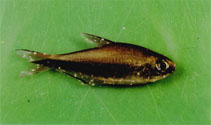
picture (WhspotDg.jpg) by Bassleer, G. |
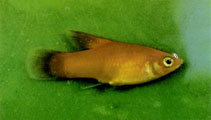
picture (WhspotDh.jpg) by Bassleer, G. |
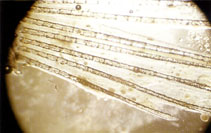
picture (WhspotDi.jpg) by Bassleer, G. |
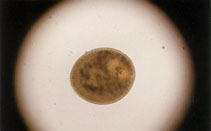
picture (WhspotDj.jpg) by Bassleer, G. |
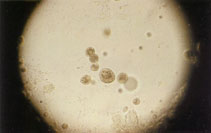
picture (WhspotDk.jpg) by Bassleer, G. |
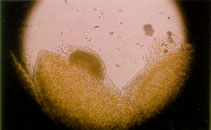
picture (WhspotDl.jpg) by Bassleer, G. |
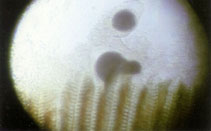
picture (WhspotDm.jpg) by Bassleer, G. |
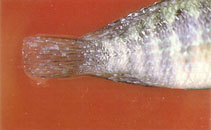
picture (WhspotDn.jpg) by Bassleer, G. |
cfm script by eagbayani, 10.05.99 ,
php script by kbanasihan 05/27/2010 ,
last modified by sortiz, 06.27.17